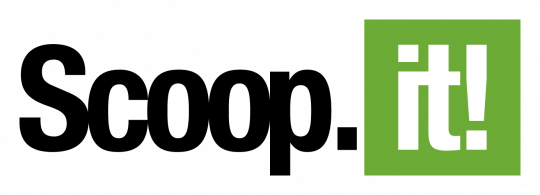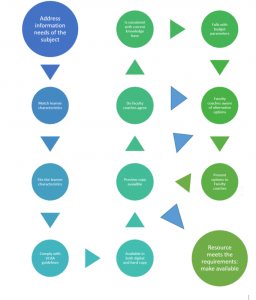Collaborator, Steward and Thinker

Collaboration, stewardship and Thinker, these components are key to securing a better budget for your library. Take the story below and see what you think. Sara was a TL in training at a large secondary school and while she wasn’t the head of the department she did have some influence. Sara had been undertaking a lot of professional reading and decided that her library required a facelift, it was looking rather uninviting. Taking on the role of collaborator Sara began with talking to the libraries users, she started with the students. She questioned them on their current use for the library and how well it suited their needs. Sara then spoke to teaching staff, to discover their thoughts on the current layout and collection of the library. Did others agree with her? Did the library, in other peoples opinion need a shake up? It turns out they believed it whole heartily. Sara, then did her research, she became a steward. Sara then came to conclusions and detailed them, along with proven data to back up her statements. Sara started to request purchases based on her data. She slowly built her reputation not as a spender but as one who takes all facets into consideration, spending wisely. Eventually a position came available for a new person to sit on a curriculum advisory board, Sara applied and was accepted. She was able to learn about how the school allocated its budgets. Sara made connections and became a thinker, she was eventually able to have say in the library budget, suggesting from a strong position why the budget she be increased. Can I be Sara? One day maybe.






